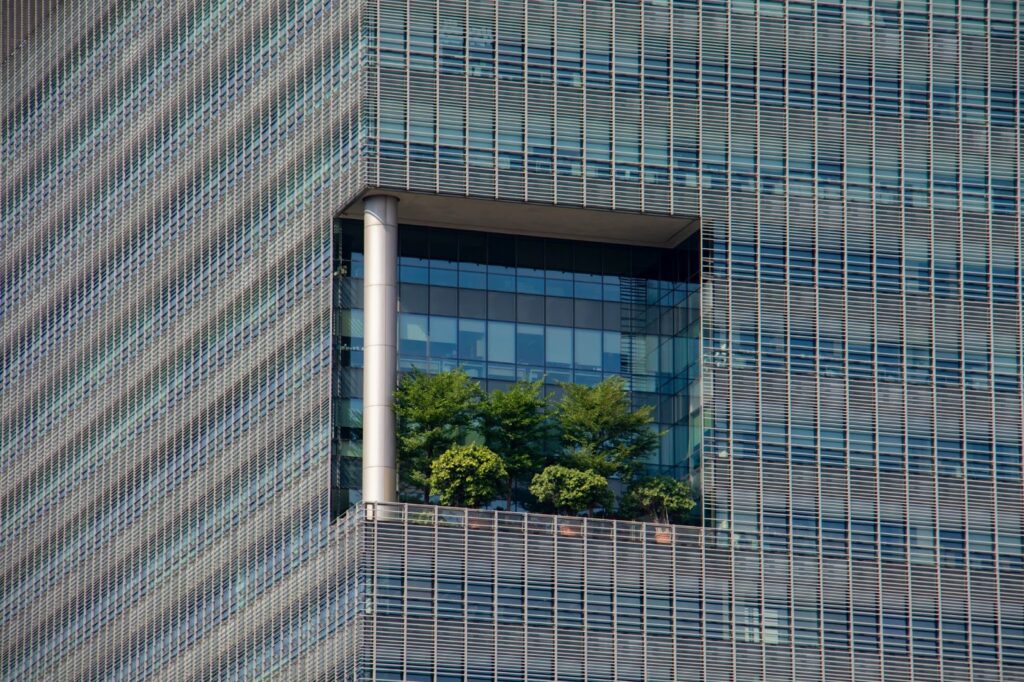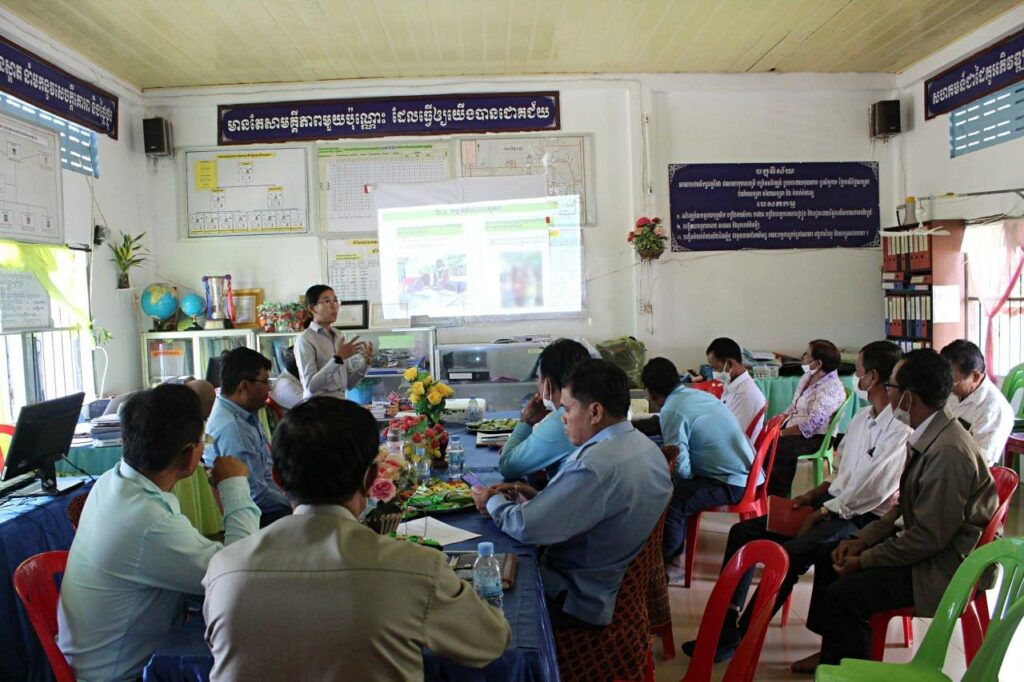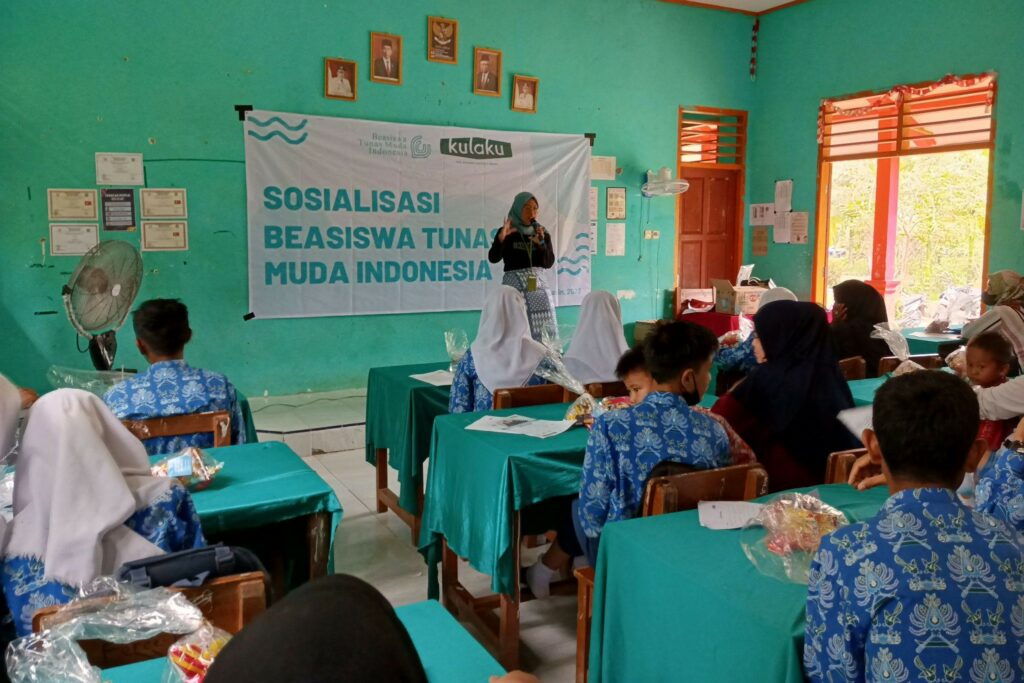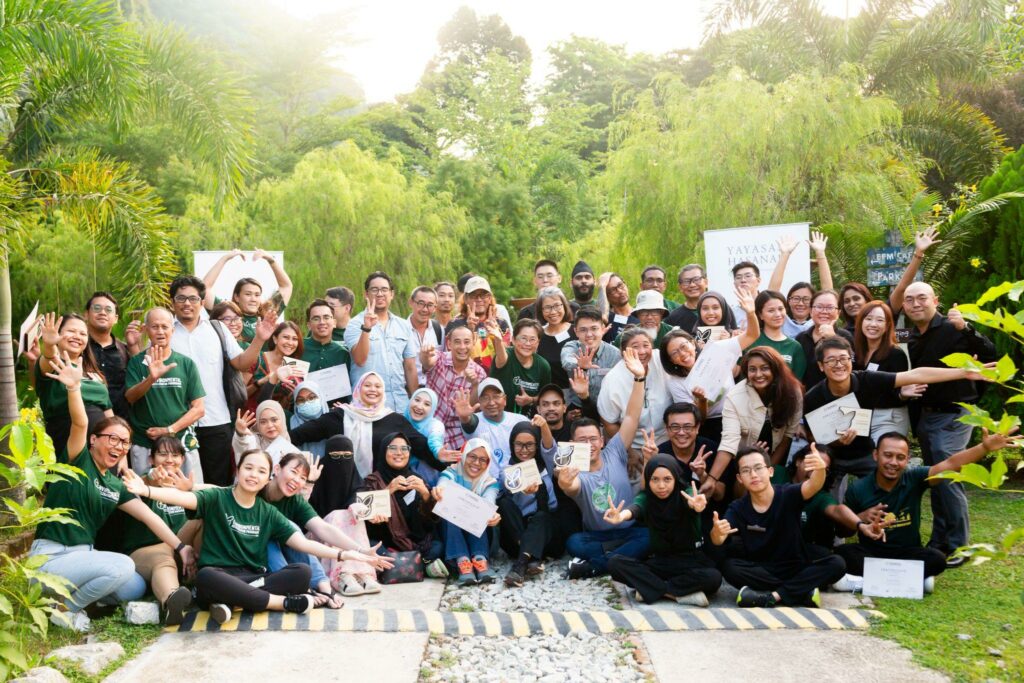Discover practical and effective eco-friendly tips tailored for Malaysians. Embrace sustainable living with easy-to-follow strategies for a healthier planet.
INTRODUCTION
As Malaysians, we’re blessed with a rich tapestry of natural wonders, from the majestic peaks of Mount Kinabalu to the vibrant coral reefs of Sipadan. Yet, our beloved homeland faces environmental challenges that require not just attention but action. Navigating the world of eco-friendly living can be a bit of a puzzle, especially in the bustling and diverse landscape of Malaysia. That’s where we come in – every individual, every community. Embracing eco-friendly practices isn’t just a trend; it’s a necessity to preserve the beauty and health of our country for generations to come. With a few simple changes and some savvy know-how, you can make a significant difference in your environmental footprint. Here’s your go-to guide to living a greener life.
SAY NO TO SINGLE-USE PLASTICS

In Malaysia, we love our local foods. But with it comes a high usage of single-use plastics. Next time you’re at your favorite mamak stall, or favorite aesthetic coffee shop, or ordering takeout, bring your containers. Swap out plastic straws for metal or bamboo ones. These small changes can significantly reduce plastic waste, a major issue in our oceans and landfills. Malaysia, like its Southeast Asian neighbors, has seen a worrying rise in single-use plastics, especially during the pandemic. From plastic packaging to containers, the spike in usage has had a significant environmental impact. However, Malaysia’s ambitious Roadmap Towards Zero Single-Use Plastics 2018-2030 sets a strong example, aiming to phase out these plastics by 2030 completely. This roadmap highlights the need for each of us to reduce our plastic use, embrace alternatives, and support policies that champion sustainable materials. [“Read”]
EMBRACE PUBLIC TRANSPORT & CARPOOLING

We all know the hassle of traffic jams in KL and other major cities. Why not make a change? Using public transport like the MRT, LRT or buses reduces your carbon footprint and saves you from the stress of driving. Carpooling is another great option. Apps like inDrive, AirAsia Ride, Maxim, Grab, etc. make it easier to share rides, cutting down on emissions and fuel costs.
ENERGY EFFICIENCY AT HOME

Malaysians can make a big impact by optimizing home energy use. Switch to LED lighting, switch off electronics when not in use, and use air conditioning responsibly. Remember, every little bit helps when it comes to reducing energy consumption. In the broader Southeast Asian context, our region produces over 1.5 million metric tons of mismanaged plastics annually, with countries like Indonesia and the Philippines ranking high in this regard. This is a stark reminder for Malaysians to minimize plastic use and manage waste effectively. By doing so, we contribute not only to national efforts but also to a regional solution addressing a shared environmental challenge. [“Read”]
SUPPORT LOCAL AND SUSTAINABLE BUSINESS

“Support Local!” is a saying we’ve been engaging in for quite a while now. Supporting local businesses isn’t just good for the economy; it’s great for the environment too. Local products often have a smaller carbon footprint due to reduced transportation distances. Look out for eco-friendly and sustainable businesses in your area. You can simply go to www.supportlocal.com.my/ for more information.
START COMPOSTING

Don’t let your organic waste go to waste! In Malaysia, where food is a central part of our culture, composting offers an excellent opportunity to reduce food waste. Composting is a fantastic way to reduce landfill contribution and nourish your garden. This practice is especially relevant in urban areas like Kuala Lumpur, where innovative community composting initiatives could significantly reduce the city’s overall waste footprint. Whether you live in an apartment or a house with a yard, composting is something that can be easily done at home.
REDUCE, REUSE, RECYCLE

The ‘3Rs’ mantra takes on a special significance in the context of Southeast Asia’s struggle with waste management. Malaysia, like its neighbors, faces challenges in effective waste management, particularly in recycling. Reducing consumption, reusing what we can, and recycling are key steps in a sustainable lifestyle. Sustainable waste management is gaining momentum, and recent studies offer valuable insights. There’s also a call for increased investment in waste infrastructure, such as converting landfills into sanitary landfills and increasing waste-to-energy facilities. These studies underscore the importance of Malaysia’s initiatives in transitioning towards more sustainable waste management practices [“read”}. In Malaysia, recycling facilities are becoming more accessible. Time to search “Recycling facilities near me” via Google and make the most out of them.
ECO-FRIENDLY SHOPPING HABITS

From groceries to clothes, how we shop can impact the environment. Opt for products with minimal packaging, buy in bulk to reduce waste, and choose eco-friendly materials. Remember, every purchase is a chance to make a positive choice for our planet. Given the significant contribution of Southeast Asian countries to plastic waste, particularly in marine environments, our shopping habits in Malaysia can make a real difference. Choosing products with minimal or no plastic packaging, supporting local businesses that use sustainable materials, and advocating for eco-friendly policies are ways we can contribute to reducing the overall plastic footprint in the region. [“Read”]
GROW YOUR GREENS

Urban agriculture, such as growing herbs and vegetables is a growing trend in Malaysia, particularly in cities. Balcony gardens or community plots not only provide fresh produce but also help reduce your carbon footprint. In the wider Southeast Asian context, where agriculture is a significant part of many economies, urban residents can play a role in reducing food miles. Plus, it’s incredibly satisfying to eat something you’ve grown yourself! Imagine enjoying your own grown Limau Ais on a sunny day!
EDUCATE AND SPREAD AWARENESS

Awareness is key, especially in a region where environmental education might not be part of the mainstream curriculum. In Malaysia, sharing knowledge about sustainable practices, whether through social media, community workshops, or school programs, can have a ripple effect. It’s about inspiring others to make small changes that, collectively, make a big difference. This can be particularly powerful in areas where awareness of environmental issues is still developing.
PARTICIPATE IN LOCAL ENVIRONMENTAL INITIATIVES

Malaysia, with its rich natural heritage, has numerous initiatives aimed at environmental conservation. Keep an eye out for beach clean-ups, tree-planting drives, or other environmental initiatives in your community. Participating in these events can make a significant impact and is a great way to meet like-minded individuals. Here in Biji-biji Initiative, we also play our role in accelerating the green initiative for the betterment of Malaysia’s environment. Additionally, in the broader Southeast Asian context, cross-border initiatives on issues like ocean health or air quality can foster a sense of regional community and shared responsibility for our environment.
IN CONCLUSION: EVERY STEP COUNTS
The journey towards a more sustainable lifestyle in Malaysia and Southeast Asia is indeed a collective one. With the roadmap laid out by policies and the alarming rise in plastic waste, it’s clear that our individual choices can have a regional impact. Let’s work together to make Malaysia and our neighboring countries greener, cleaner, and more sustainable.




